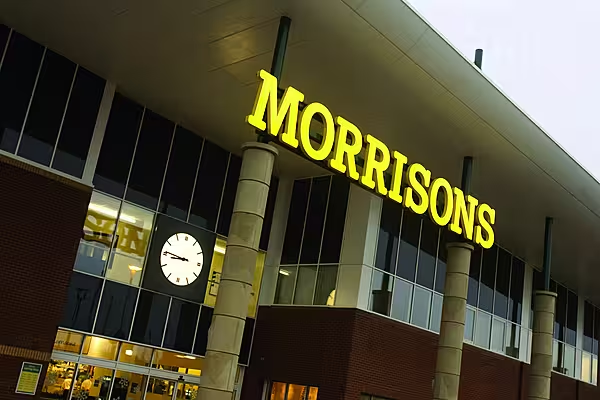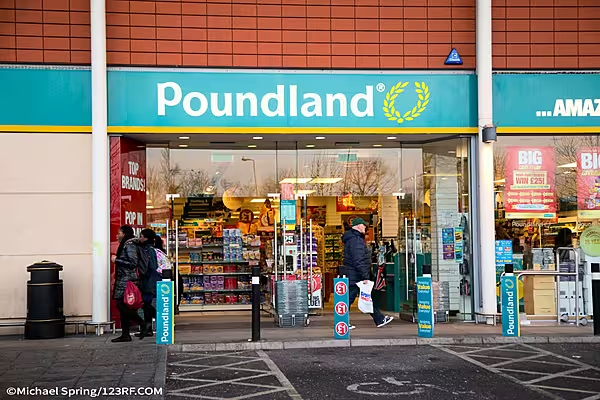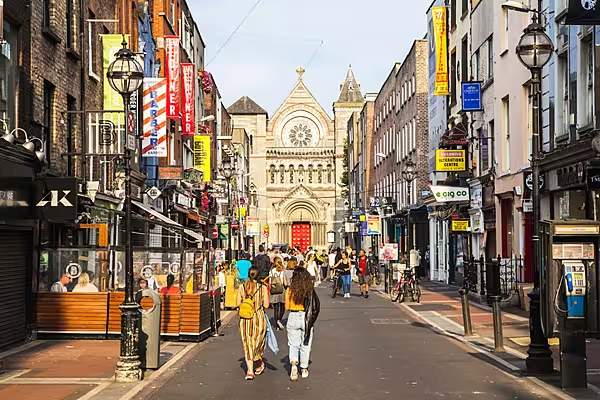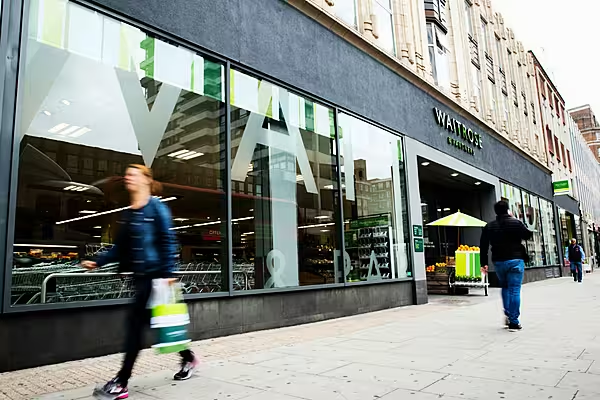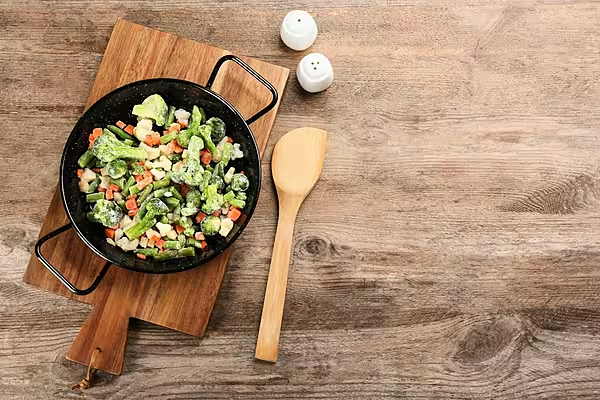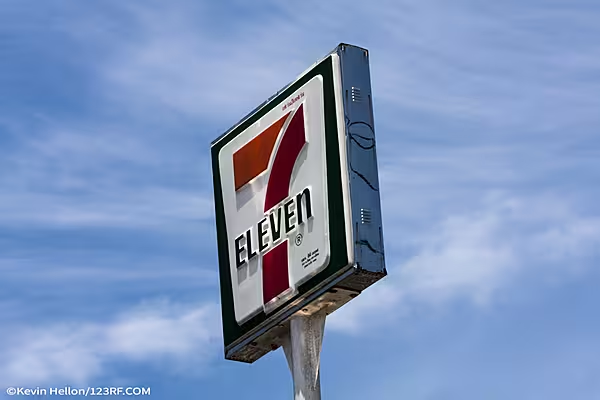UK grocers received a boost as Wm Morrison Supermarkets Plc reported its first revenue growth in about four years and figures showed resilient industry sales at Christmas.
Morrison shares surged as much as 14 per cent in London after the company said that same-store sales rose 0.2 per cent, excluding gasoline, in the nine weeks ended 3 January. The report signalled that the business is starting to respond to changes introduced since David Potts took over as chief executive officer in March.
Separately, researchers Kantar Worldpanel and Nielsen said that supermarket sales were little changed in the last quarter, with declines at the mainstream chains starting to dissipate as they cut prices to close the gap on the discounters that have been grabbing their customers. Market leaders Tesco and J Sainsbury both improved their performance compared with a year earlier, Nielsen said.
“With deflation now likely to have reached its low point, and the intensity of promotions continuing to fall, the industry has a good chance of returning to positive growth in the first part of 2016,” Mike Watkins, Nielsen’s UK head of retailer and business insight, said in a statement.
Morrison shares rose 9.1 per cent to 166.1 pence at 9.40 a.m. in London, rebounding after four straight years of decline. Tesco gained 5.3 per cent to 153.15 pence, the most in the UK benchmark FTSE 100 Index, while Sainsbury added 2.8 per cent to 250.2 pence.
Morrison’s holiday sales growth topped analyst estimates for a 2-per-cent decline. The number of shopping transactions rose 1.3 per cent on a like-for-like basis, while online revenue almost doubled, the company said.
“We are making important progress in improving all aspects of the shopping trip, and our customers tell us they are pleased with the changes,” Potts said in the statement.
Customer satisfaction levels are “significantly ahead” of last year, the grocer said.
Tesco and Sainsbury will reveal their Christmas sales later this week.
Kantar and Nielsen’s reports both showed that the ascent of Aldi and Lidl continued over Christmas. The German discounters have been winning customers from traditional supermarkets for years with a formula of low prices, limited product assortments and store expansion. Lidl was the fastest-growing retailer over the holiday period, with sales growth of 18.5 per cent, Kantar said, helped by a broader high-end product range.
Sainsbury was the best performing of the major supermarkets, and the only one to increase sales with growth of 0.8 per cent, according to Kantar.
Holiday-week grocery spending rose 8 per cent from a year earlier to £3.3 billion ($4.8 billion), Nielsen said. Much of that growth was due to Christmas falling at the end of the working week. Four-week sales were unchanged.
News by Bloomberg, edited by ESM. To subscribe to ESM: The European Supermarket Magazine, click here.
